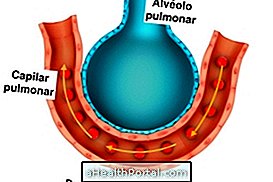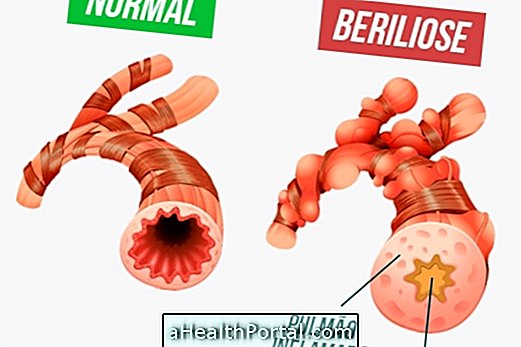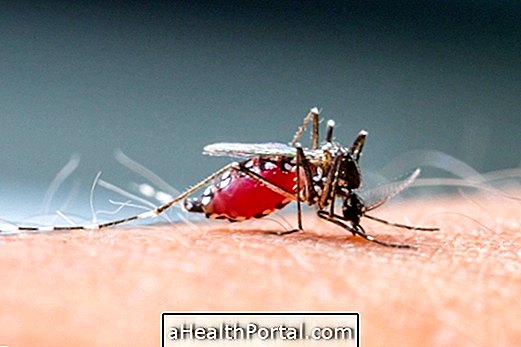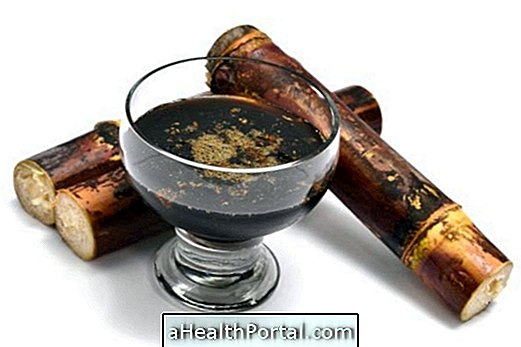Persistent dry cough, which usually worsens at night, despite having several causes, can be caused by an allergic reaction and in this case, the best thing to do is to combat the allergy with the use of an antihistamine remedy such as Loratadine, for example. However, one must find out the cause of the allergy and avoid exposure to this cause.
Persistent dry cough that after some time presents with catarrh can in some cases be tuberculosis and, if it occurs, it is important to make an appointment with a pulmonologist to indicate the best treatment.

How to cure
Treatment for persistent dry cough should be directed to resolve your cause. In the case of dry cough of allergic cause, besides the use of medicines prescribed by the doctor, it is important:
- Drink at least 1.5 liters of water per day because water helps to keep the airways hydrated and decreases throat irritation;
- Take 1 tablespoon of carrot syrup or oregano about 3 times a day. These syrups have antitussive properties, reducing coughing attacks. Here's how to make these syrups.
- Drink 1 cup of mint tea, about 3 times a day. Mint has tranquilizing, antitussive, mucolytic, expectorant and decongestant action, helping to relieve cough. To make the tea just add 1 teaspoon of dried or fresh mint leaves into a cup of boiling water and let stand for 5 minutes, strain and drink the following;
- Take medicine for persistent dry cough under medical supervision, such as Vibral, Notuss, Antuss or Hytos Plus, for example;
- Avoid dust inside the home, since contact with animals and cigarette smoke can be the cause of persistent dry cough.
Cases of persistent dry cough for more than 1 week deserve more attention, especially if the individual has asthma, bronchitis, rhinitis or any other chronic respiratory disease. It can mean a worsening of the condition and the need to take antihistamine or corticoid medications.
See home-made cough-fighting options in the following video:

What are the most common causes
The most common causes of persistent dry cough are:
1. Allergy
Allergy to dust from pet animals or flower pollen causes irritation of the throat causing coughing to occur until the cause of respiratory allergy is identified and eliminated.
2. Gastroesophageal reflux
Gastroesophageal reflux can also cause dry cough after eating spicy or too acidic foods. Learn more about gastroesophageal reflux.
3. Heart problems
Heart problems such as heart failure, which causes fluid accumulation in the lungs, can also cause coughing. See more about respiratory failure.
4. Cigarette and pollution
Cigarette use and smoking and pollution cause irritation in the throat, and may also stimulate the cough reflex.
5. Asthma
Asthma causes symptoms such as shortness of breath, wheezing or wheezing, and coughing, especially at night. Learn how to identify and treat asthma.
It is important for the person who has a persistent dry cough to drink plenty of water, to keep the throat moist, and to avoid dry environments. Dry and persistent cough can also be caused less often by side effects of medications, psychological conditions, stress and anxiety, as some people have increased respiratory rate when they are in situations of stress or anxiety, which stimulates coughing.
The person suffering from dry cough should make an appointment with a general practitioner so he can request tests to identify the cause of the cough and then indicate the best treatment.
























